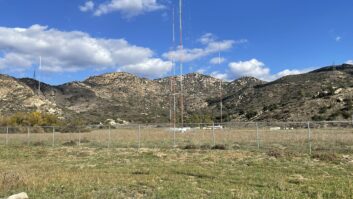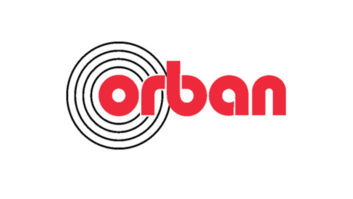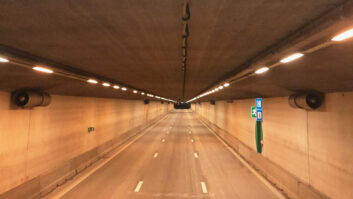There’s been pirating afoot in the suburbs of Los Angeles. And it’s led to expensive fines against two men by the Federal Communications Commission Enforcement Bureau.
On Feb. 22, the commission imposed a penalty of $25,000 against a church called Iglesia el Remanente Fraternidad Elim and subsequently its pastor, Belarmino Lara, saying they operated an unlicensed station on 93.7 MHz in Arleta, Calif.
Lara had been warned by the Enforcement Bureau — in 2013, 2015 and 2016 — that operation of this unlicensed station was illegal and that continued operation could result in further enforcement action, according to a commission summary. Enforcement Bureau agents said they used mobile direction-finding to identify the source of transmissions on 93.7 MHz as an FM antenna mounted on the roof of a single-family home in Arleta that belonged to Lara.
Soon after the Enforcement Bureau reached out to Lara, his adult children contacted the bureau for more information and confirmed that their father operated the unlicensed station, the FCC said. Though Lara briefly ceased operating the unlicensed station in 2013, the station allegedly was again transmitting. Agents took field strength measurements after complaints in 2015 and 2016, and determined that the transmissions exceeded the limits for operation without a license.
A link on the church’s website refers to the station as Radio El Remanente 93.7.
Less than 10 miles away in the bedroom community of Panama City, Calif., the commission handed down a $25,000 fine against Nelson Quintanilla for operating an unlicensed radio station on 95.1 MHz. Quintanilla had been contacted twice by the Enforcement Bureau in 2016 that operation of this station was illegal and that continued operation could result in further enforcement action, according to the FCC. In one instance, agents spoke with Quintanilla and issued him a verbal warning that the operations must cease immediately.
In both cases, the commission said, the operators did not file a response to an earlier notice of apparent liability for forfeiture, in which the $25,000 was proposed. In both cases, the commission said, the operators have 30 calendar days to submit payment, though as with most such commission enforcement actions, it’s unclear what will happen next if payment is not forthcoming.












